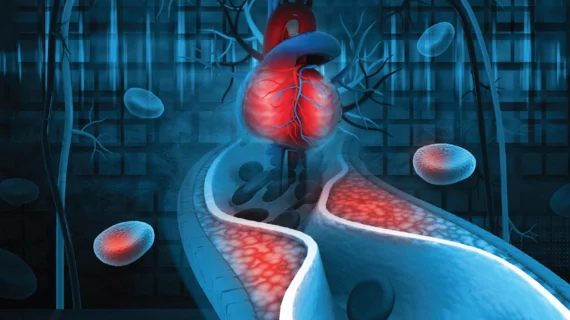What decades-old dietary recommendations for high cholesterol get wrong
Patients diagnosed with familiar hypercholesterolemia (FH) should work to lower carbohydrates, not saturated fats, according to a new study published in BMJ Evidence-Based Medicine. The analysis comes after researchers assessed the validity of decades-old dietary recommendations.
The existing recommendations for FH, a genetic disorder that leads to elevated cholesterol levels, were based on the “diet-heart hypothesis,” the belief that eating foods high in saturated fats increases the risk of coronary heart disease. The team behind this study, however, called the hypothesis “antiquated and evidence-free.”
“For the past 80 years, people with FH have been told to lower their cholesterol with a low saturated fat diet,” lead author David Diamond, PhD, a professor at the University of South Florida, said in a statement. “Our study showed that a more 'heart healthy' diet is one low in sugar, not saturated fat.”
Low-carb diets, the team added, also lead to a significant improvement in cardiovascular disease biomarkers when compared to low-fat diets.
The full analysis from BMJ Evidence-Based Medicine is available here.

